- How diversity is defined and represented in Young Adult Literature through the narration and context?
- How Reader Response theory can be used in a sophisticated way (as Rosenblatt intended) to acknowledge our initial and often visceral or sentimental response to a work of literature and then move it to a more complex reading of the text and by confronting our personal, cultural, and academic responses to literature?
Let’s talk about the second one first. Although I indicate Rosenblatt, we will be reading other theorist as well. Among those will be Bob Probst, a major interpreter and supporter of Rosenblatt for many years. Bob is known by many of the blog’s readers as part of the research and professional development team of Kylene Beers and Bob Probst. I recommend their work at every opportunity. I see their work as helping students building on their initial response to a text as readers.
I stay interested in Reader Response theory for several reasons, but the most important is I want to value how students initially think about something they have read. I want to give their opinion value. I reconsider everything I read as I gain experience. I don't read Crime and Punishment now as a I did as a high school senior. I hated The Grapes of Wrath as Junior and now I consider it one of my favorite books. I certainly reading Morrison's Song of Solomon with new eyes after reading her essay Playing in the Dark and in the context of today's world. I am anxious to rereading Baldwin's If Beale Street Could Talk after experiencing the movie last weekend. In fact, that movie has already made me rereading Myers' wonderful novel Monster.
Thinking about and valuing a reader's initial response can help both the teacher and the student.
Thinking about and valuing a reader's initial response can help both the teacher and the student.
So, what did I decide to include? Take a look. Let me know if you agree. I am excited to reread these and share them with my students.
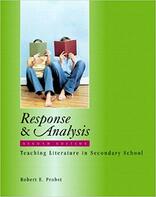
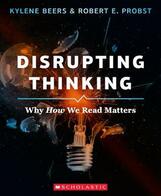
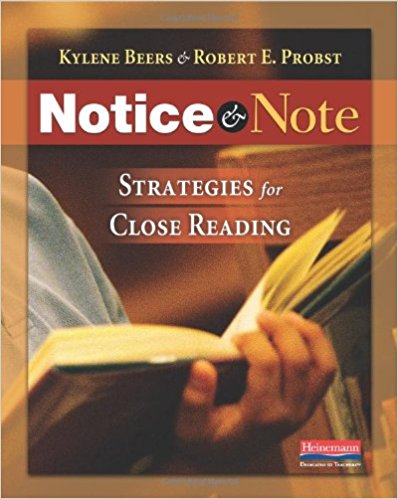
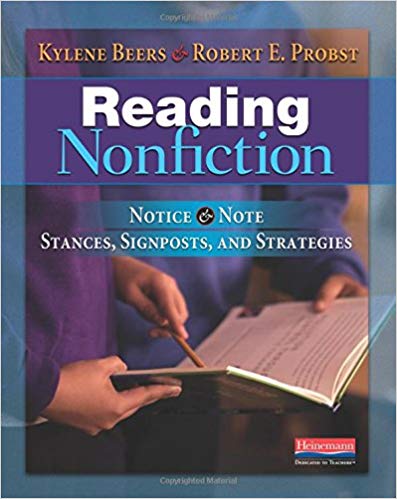
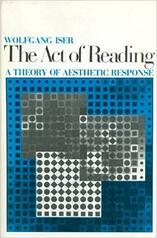
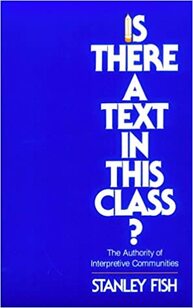
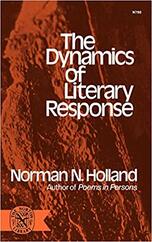
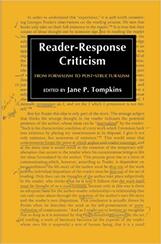
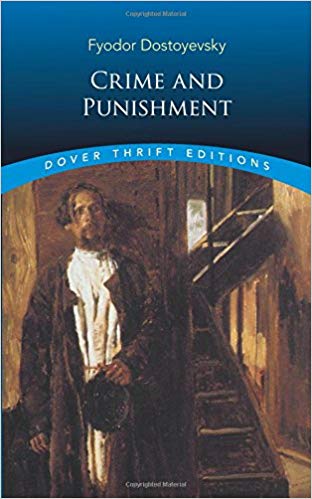
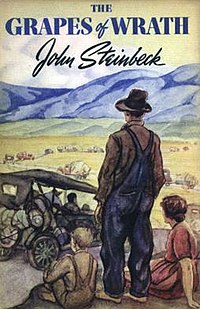
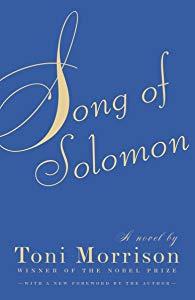
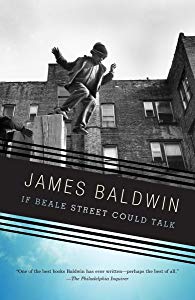
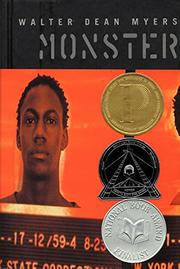

 RSS Feed
RSS Feed